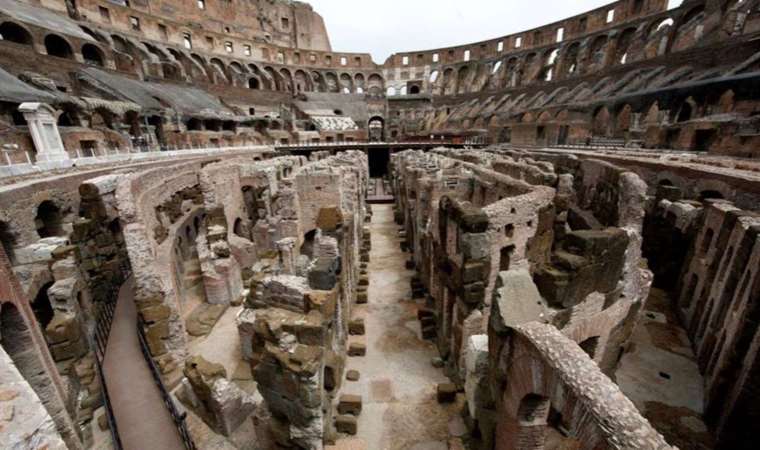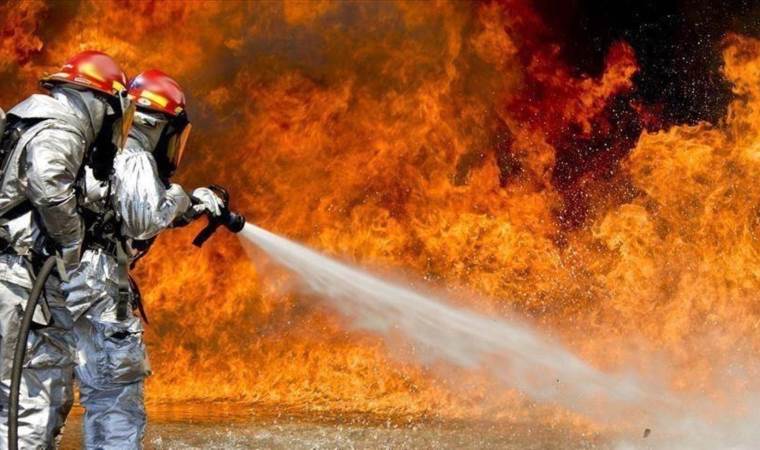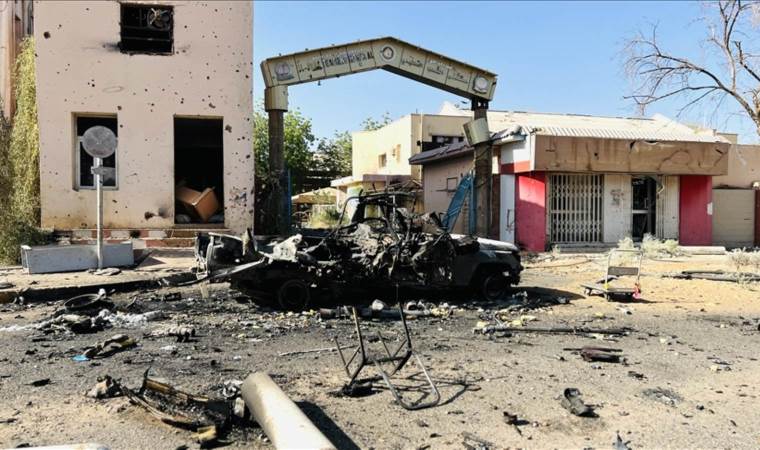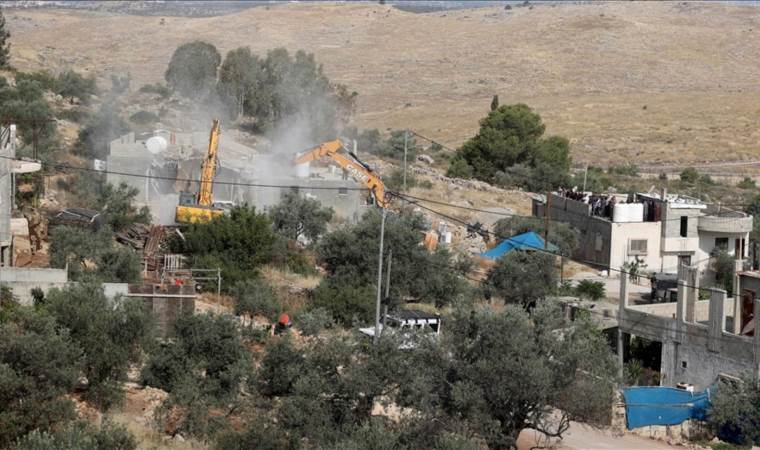Rome takes action to address rat infestation near colosseum
Rome's city government has launched a "special intervention" to address a rat infestation in the vicinity of the Colosseum, one of Italy's most iconic tourist attractions. The move comes after tourists shared photos on social media showing rats roaming around areas near the ancient amphitheater.

The operation began on Friday night and continued into Saturday, with the aim of ensuring the safety of people visiting the Colosseum. The city government announced that the cleanup efforts will persist in the coming week, focusing on cleaning the green spaces surrounding the Colosseum, targeting drains where rats are commonly found, and setting traps.
According to the city government's statement, there are approximately 7 million rats in Rome, which averages to 2.5 rats for every inhabitant. The recent increase in tourists visiting Rome during the summer, combined with a heatwave, has contributed to a rise in rubbish, creating favourable conditions for rat proliferation.
The city hall shared images of cleaning staff gathering plastic water bottles, drink cans, and other debris against the backdrop of the illuminated Colosseum. Rome has grappled with a persistent garbage problem for years, often seeing trash piles left on streets alongside overflowing bins.
The Colosseum, built over 2,000 years ago, was the largest amphitheatre in the Roman Empire. It hosted various events, including gladiator contests, executions, and animal hunts.
Most Read News
-
 No Future Without Industry: A Call for Production-Orient
No Future Without Industry: A Call for Production-Orient
-
 Israel’s Ben-Gvir ends US visit amid pro-Palestine prote
Israel’s Ben-Gvir ends US visit amid pro-Palestine prote
-
 Japan seeks collaboration to advance nuclear disarmament
Japan seeks collaboration to advance nuclear disarmament
-
 Major fire erupts at electrical substation in West Londo
Major fire erupts at electrical substation in West Londo
-
 Ukraine appoints new deputy defense ministers amid ongoi
Ukraine appoints new deputy defense ministers amid ongoi
-
 Malaysia urges all parties in Myanmar to continue ceasef
Malaysia urges all parties in Myanmar to continue ceasef
-
 German Social Democrats conclude key vote on coalition d
German Social Democrats conclude key vote on coalition d
-
 Canada's Liberal Party wins federal elections by over 43
Canada's Liberal Party wins federal elections by over 43
-
 At least 41 civilians killed, scores injured in RSF shel
At least 41 civilians killed, scores injured in RSF shel
-
 Israeli army arrests 22 Palestinians, demolishes 4 homes
Israeli army arrests 22 Palestinians, demolishes 4 homes










